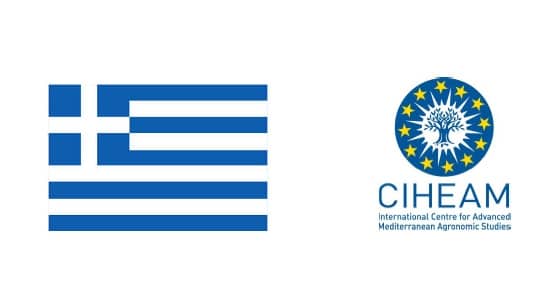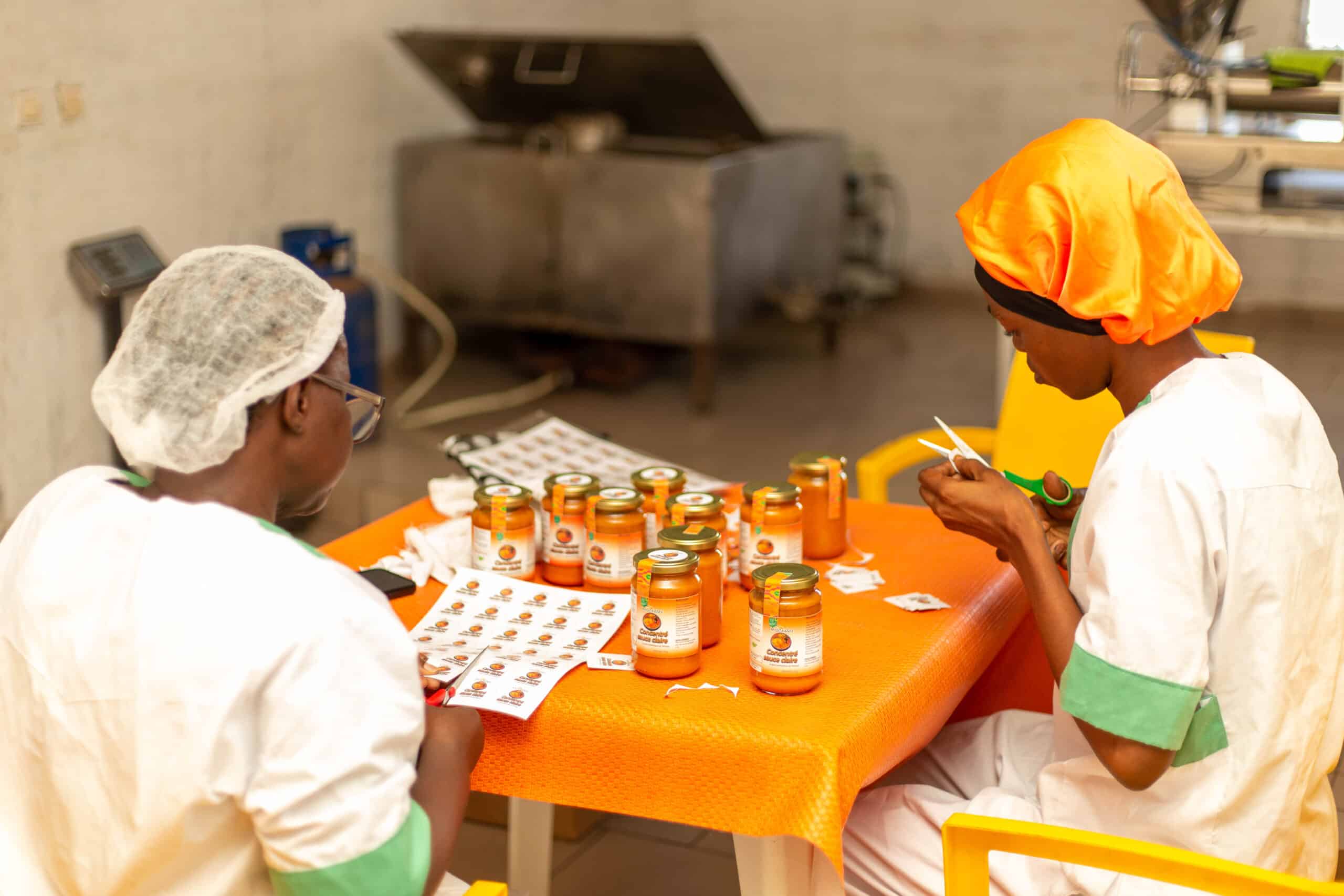Upon the completion of negotiation rounds headed by the Ministry of Rural Development and Food of the Hellenic Republic, Greece has been assigned the coordinating role of the Network of the seven Member Countries subscribed to the Mediterranean Diet in UNESCO’s representative list of Intangible Cultural Heritage, from 1 May 2014 to 30 April 2015. At an intergovernmental meeting held in Agros, Cyprus, on 28-29 April 2014, which was attended by the National Committee of UNESCO, the proposal of the Ministry of Rural Development and Food of the Hellenic Republic to undertake the coordination of the Network was adopted. November 16 has been set as the Flagship Day to celebrate the Mediterranean Diet.
The Ministry has assigned, as the coordination point, the Mediterranean Agronomic Institute of Chania (CIHEAM/MAICh), which has the necessary scientific and research expertise to undertake joint actions and initiatives, both to preserve and disseminate the values of the Mediterranean Diet.
This effort of the Greek government and specifically the Ministries of Rural Development & Food, and Culture & Sport, regarding the need for a coordination tool, was launched in 2011, immediately after the recognition by UNESCO of the Mediterranean Diet as Intangible Cultural Heritage, following the submission of a portfolio to the UNESCO Committee. On the Greek side, Koroni in Messinia was chosen as the flagship of the Community, an area rich in agricultural products such as olive oil, olives, wine, raisins, figs, a large variety of vegetables, herbs and aromatic plants. The Member Countries and Emblematic Communities of the Mediterranean Diet as Intangible Cultural Heritage are Koroni (Greece), Brač and Hvar (Croatia), Agros (Cyprus), Cilento (Italy), Chefchaouen (Morocco), Tavira (Portugal) and Soria (Spain).
To celebrate the success of Greece taking on the coordinating role of the Mediterranean diet, the Minister of Rural Development and Food, Prof. Athanasios Tsaftaris said: “As a Ministry and as the Greek Presidency of the EU Council, we attach particular importance to European agricultural diversity. A distinctive aspect of this EU agricultural biodiversity is the Mediterranean diet as a result of sustainable agriculture, which plays a central role to both farmers and local communities, forming common traditions and customs associated with agricultural production, but also keeping the particular characteristics of each site. This success marks the beginning of coordinated actions and initiatives from the seven countries, with the aim of preserving and disseminating the values of the Mediterranean Diet.”
Already the subject of widespread sociocultural and scientific debate and research, the Mediterranean Diet merits reconsideration from the political point of view given the growing awareness of the strategic dimension of agriculture and the crucial role played by food production in the stability and development of societies. This diet, whose health-promoting virtues are widely recognised and which UNESCO has now listed as part of the intangible cultural heritage of humanity, is now raising questions in the fields of environmental responsibility and political action to promote greater regional cooperation. It was the main challenges studied in the 2012 Edition of Mediterra, the CIHEAM Regional Report, and focused on the Mediterranean Diet.
It is recalled the role of CIHEAM in promoting the Mediterranean Diet through its activities of education, training, research and cooperation. During its last ministerial meeting hold in Algeria on February 2014, the Ministers of agriculture of the 13 Members Countries of CIHEAM have expressed their strong commitment to defend the Mediterranean Diet and to promote the local products of the Region.





